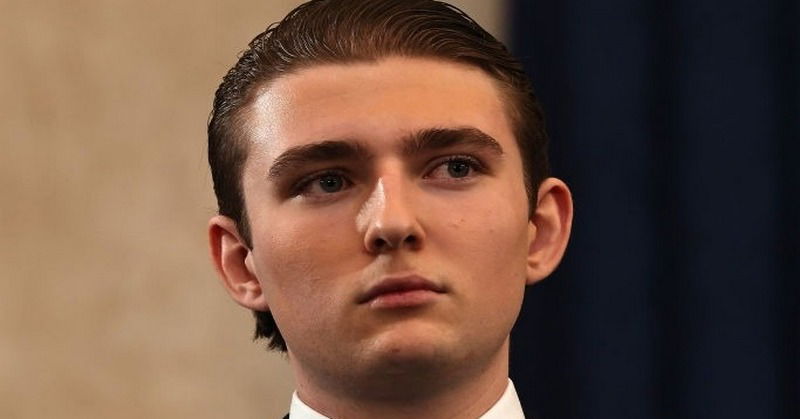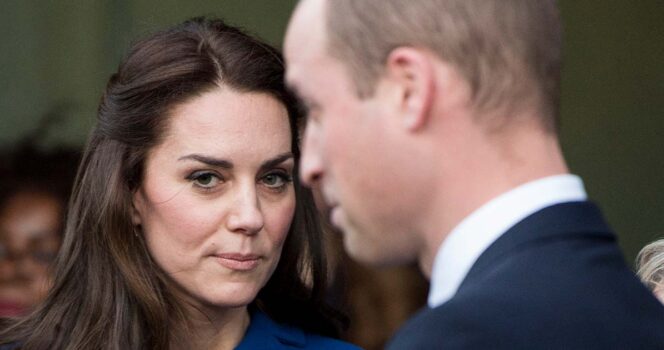
Discover & Share Your Stories ✨
Dive into a world of captivating stories perfect for sharing and connecting on social media. ✨ We bring you trending tales, inspiring reads, and personal stories that spark conversations and build connections.
Join our community, share your stories, and let every story find its audience.
Latest stories
Get in Touch!
We’d love to hear from you! Have a story to share?
Send it to us on social media. ✨ Whether it’s a personal tale, an inspiring event, or something that moved you, your stories make our community stronger.
Tag us and use #PostMyStory to get featured!
Let’s keep the conversation going!





